Empathy. It’s a word that I’ve rumbled with my entire life. I’ve known the literal definition and still used it interchangeably with sympathy. I’ve asked people to lend it to me without really understanding it for myself. It’s one of those words that we are taught but don’t feel, and the best is when someone says, “I’m trying to empathize with you.” When I hear that, I think, “Hell…we all are trying to empathize. The problem is that we don’t know what the damn word means!”
Empathy, by definition, is the ability to understand and share the feelings of another. You see…that still doesn’t do it for me. The literal definition doesn’t make me feel anything, and I’ve discovered that empathy is mostly a feeling. To truly understand empathy, you must feel it. Last Tuesday, after 4 weeks of discussing empathy in a class that I’m taking, the guest speaker described it perfectly. We were discussing the difference between pity, sympathy, and empathy. He said, “Think of it in the context of food (which woke me right up because I love to eat) …Pity is feeling sorry for someone that is hungry. Sympathy is bringing someone food that is hungry and eating with them. Empathy is feeding someone that is hungry before you feed yourself.” Those words HIT ME IN THE FACE.
From that conversation, I realized that empathy is sacrificing your own understanding, needs, and ego in order to open your heart and feed someone spiritually. It is not just listening, but hearing someone, and responding in a way that demonstrates that you hear them, understand them, and care about them. At its greatest, empathy cultivates deep connection by building trust and fostering a sense of belonging and acceptance.
In exploring empathy, I realized that I have some dysfunction surrounding it. My pattern is and has always been to sacrifice my own needs in order to build those up around me. Time, energy, understanding, forgiveness, love, respect, encouragement, honesty, and loyalty are a few of the elements of my heart that are constantly extended to others, but rarely ones that I extend to myself. I realized that because of empathy, people view me as a person they can trust, relate to, confide in, connect with, and in some instances, that they can walk all over. Somehow, I created an unhealthy relationship with empathy. It wasn’t extending empathy that caused the problem. It was extending beyond the point that kept me connected with myself that created the issue.
You can extend, but it’s over extending that will create an unhealthy situation. Think of it this way, when you extend your elbow beyond its normal range of motion it’s called hyperextension. Not only is it painful, it can do damage to the ligaments and bones in your elbow. You will have to see a doctor, and at its worst, you may have to have surgery. The same goes for over extending any part of yourself-whether it’s mentally, energetically, emotionally, etc. It may not require surgery, but you will probably need some repair to your heart, mind, and inner landscape.
What I’ve learned along the way is that before you give something to others, you must first know that you deserve it yourself, and you must not extend to the point that you pull yourself out of alignment and break. Let’s go back to the food example. Feeding someone that is hungry before you feed yourself doesn’t mean that you abandon your need to eat. What it means is that you know how it feels to be hungry, and you are willing to put someone else’s needs before your own so that they know how it feels to be fed. In life, it is so important to know what you deserve and to remain connected to yourself because it serves as the foundation for how you engage with life and everything in it.
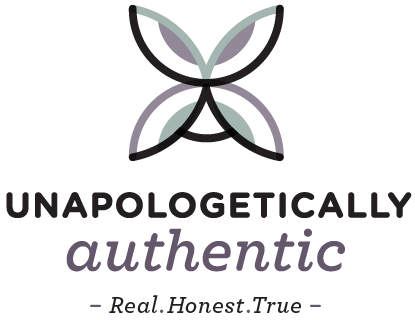
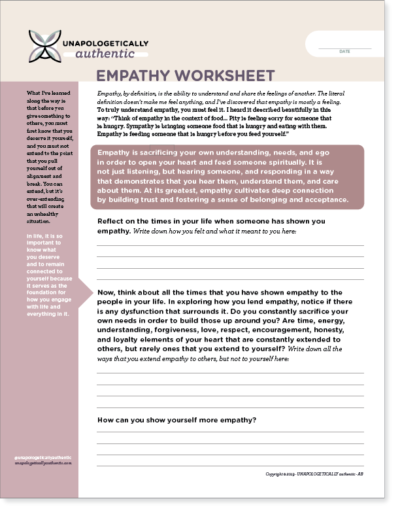

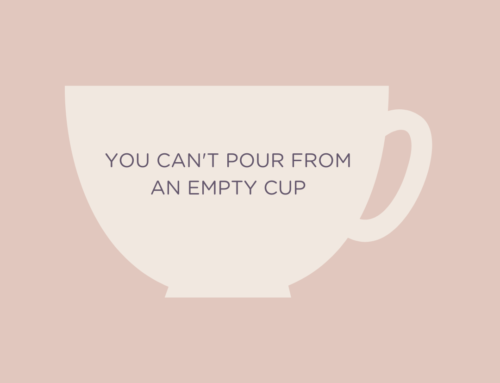
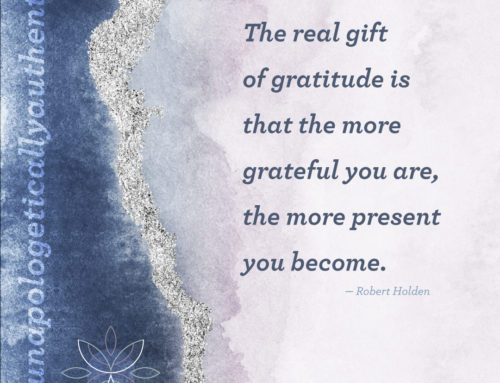
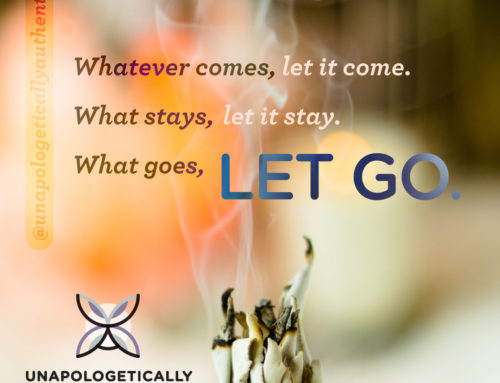
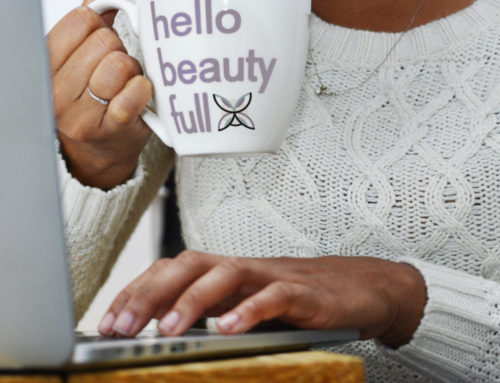
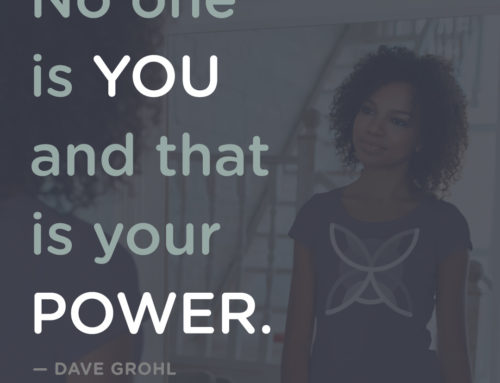
Leave A Comment
You must be logged in to post a comment.